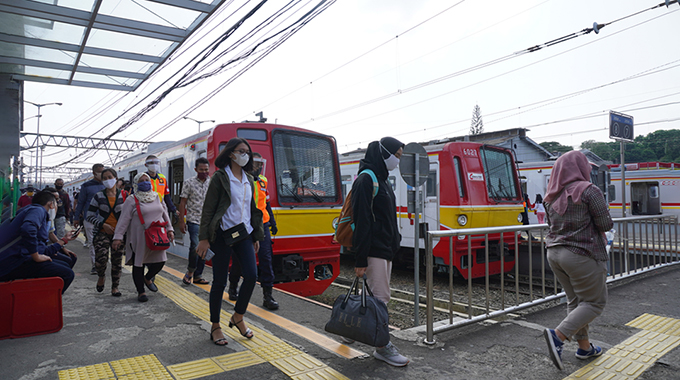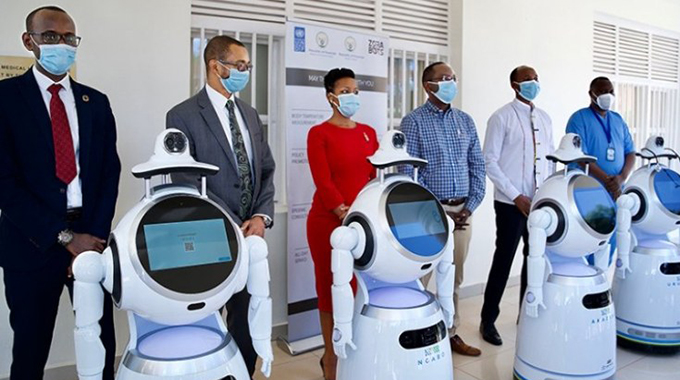How digital data helped Indonesia respond to COVID-19

Gayatri Singhjeremia, Sir Nindyo Mamoladaniela, Evia Duarte
The COVID-19 pandemic has amplified the need for real-time, practical, and reliable data for city governments. Without information on what people are experiencing on the ground, governments do not know how best to respond—they do not know what services are needed, who needs them, and where those people are.
Data-driven decisions are critical to not only inform the crisis response, but to help plan the recovery process in the economy, public health infrastructure, and more generally, sustainable development across the region.
At the frontline of the COVID-19 response, cities in Indonesia have embraced the need for agile digital data platforms so they can quickly provide support to citizens as the pandemic rages on.
In Indonesia, the COVID-19 virus has progressed fast within communities. The Government of Indonesia (GOI) announced its first positive COVID-19 case in early March, eight weeks after the epidemic first became known.
As of September 28, 2020, Indonesia has identified more than 275,000 COVID-19 positive cases and reported more than 10,000 deaths (the highest among the neighboring countries).
High population density provinces and urban areas such as DKI (Special Capital Region) Jakarta, other provinces in Java, and metropolitan areas are most affected, but the pandemic is also expected to impact remote regions, which are even more vulnerable owing to underlying disadvantages such as weaker health system capacity.
Limited spatial and temporal information on COVID-19 cases at the community level and barriers to service access makes effective and grounded government response difficult.
Reporting compliance is an issue, especially when facility and community-level requirements vary across responsible line departments and information requirements are duplicated.
Largely paper-based data collection adds to the complexity of accurately digitizing and rapidly analyzing information.
This results in loss of valuable time on monitoring and responding to the socio-economic impacts on local communities. The need for social-distancing measures brought on by COVID-19 has further made traditional data collection mechanisms sub-optimal.
Local governments are increasingly turning to virtual data collection, but often lack the capacity to seamlessly manage and analyze it rapidly.
This is where Siap Tanggap (or simply SIAP), which means “Ready to Respond” in Bahasa Indonesia, comes in. SIAP is a new open source, online tool that strengthens geocoded local data collection, management, and analysis to help communities, local and national governments understand the socio-economic impacts of COVID-19 and accelerate recovery.
Developed originally as a module of an urban planning tool (CollabData) with the support of the World Bank’s Data Innovation Fund, SIAP offers an opportunity for gathering real-time information, which is key to unlocking regional development strategies and is effectively tailored to capture community needs.
It also allows for effective targeting. In Indonesia, SIAP is being applied to perform customizable urban community impact monitoring on a responsive digital platform for collecting and analyzing data directly from communities.
This one-stop-shop solution allows citizens to report the support they require to weather the pandemic and ensures that city governments can respond in line with national regulations.
While the tool allows data to be collected at individual or household levels, the results are presented in an aggregate (tabular or geospatial formats) to protect respondents’ right to privacy while allowing digital data collection, saving much-needed time and money.
Participation from local communities gives a more enriched, comprehensive view of the reality on the ground, allowing for a more nuanced response. In addition, spatial visualizations and analyses can help with prioritization of interventions. The end result: bringing communities and governments closer.- The World Bank








Comments